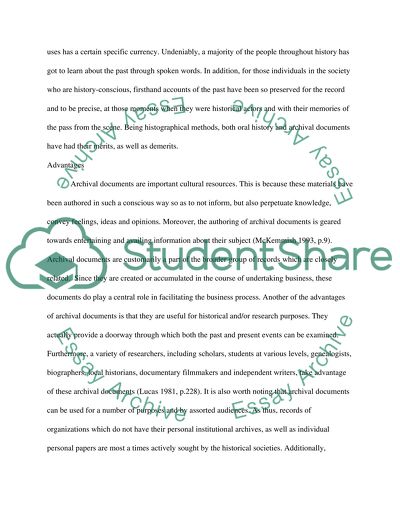Cite this document
(“Debates in Australian History Essay Example | Topics and Well Written Essays - 2000 words”, n.d.)
Debates in Australian History Essay Example | Topics and Well Written Essays - 2000 words. Retrieved from https://studentshare.org/history/1457392-debates-in-australian-history
Debates in Australian History Essay Example | Topics and Well Written Essays - 2000 words. Retrieved from https://studentshare.org/history/1457392-debates-in-australian-history
(Debates in Australian History Essay Example | Topics and Well Written Essays - 2000 Words)
Debates in Australian History Essay Example | Topics and Well Written Essays - 2000 Words. https://studentshare.org/history/1457392-debates-in-australian-history.
Debates in Australian History Essay Example | Topics and Well Written Essays - 2000 Words. https://studentshare.org/history/1457392-debates-in-australian-history.
“Debates in Australian History Essay Example | Topics and Well Written Essays - 2000 Words”, n.d. https://studentshare.org/history/1457392-debates-in-australian-history.


